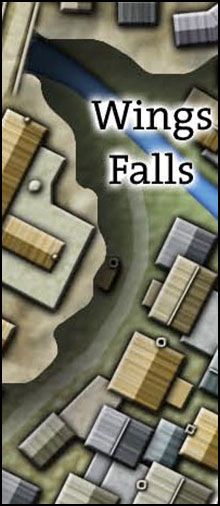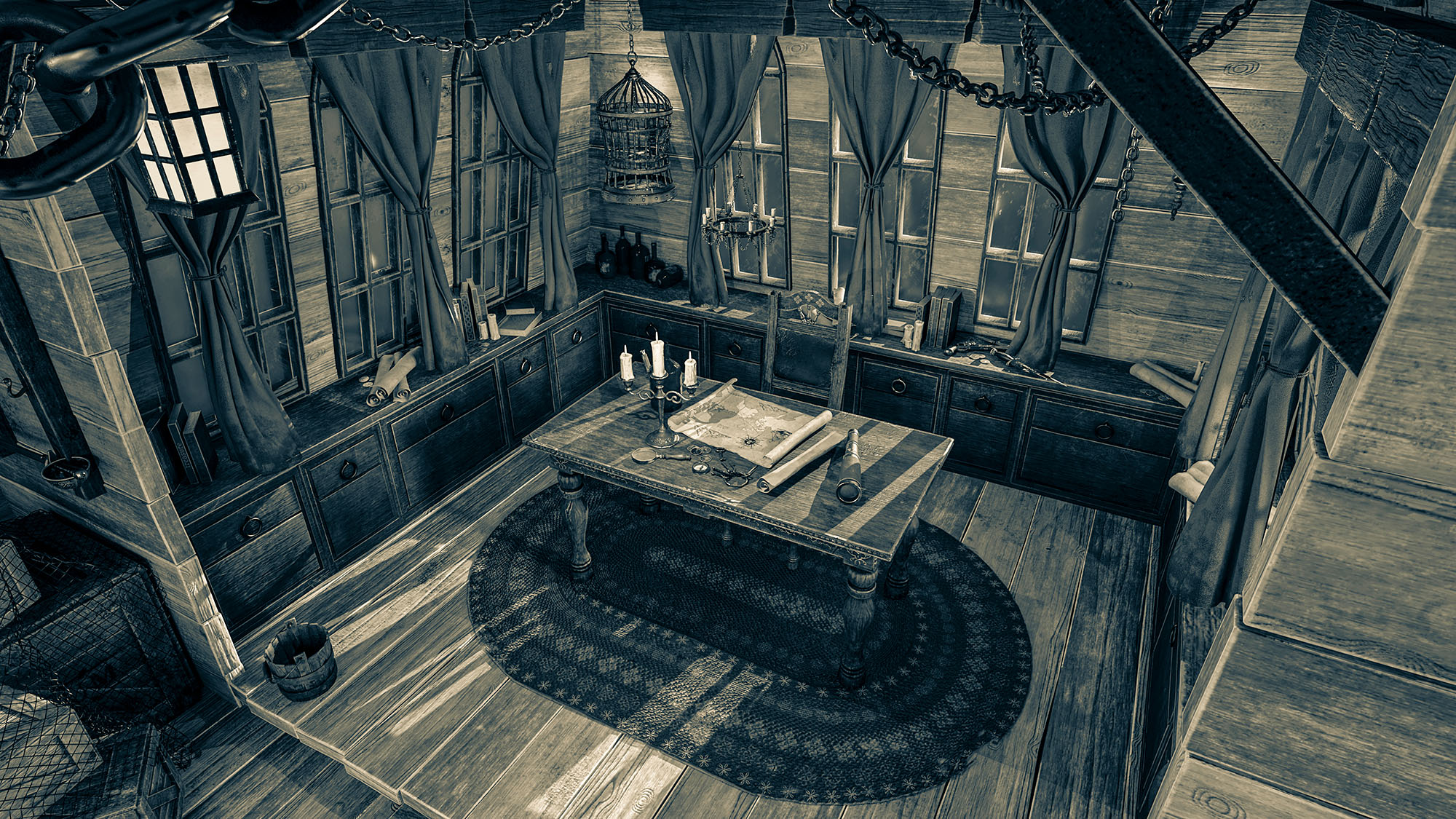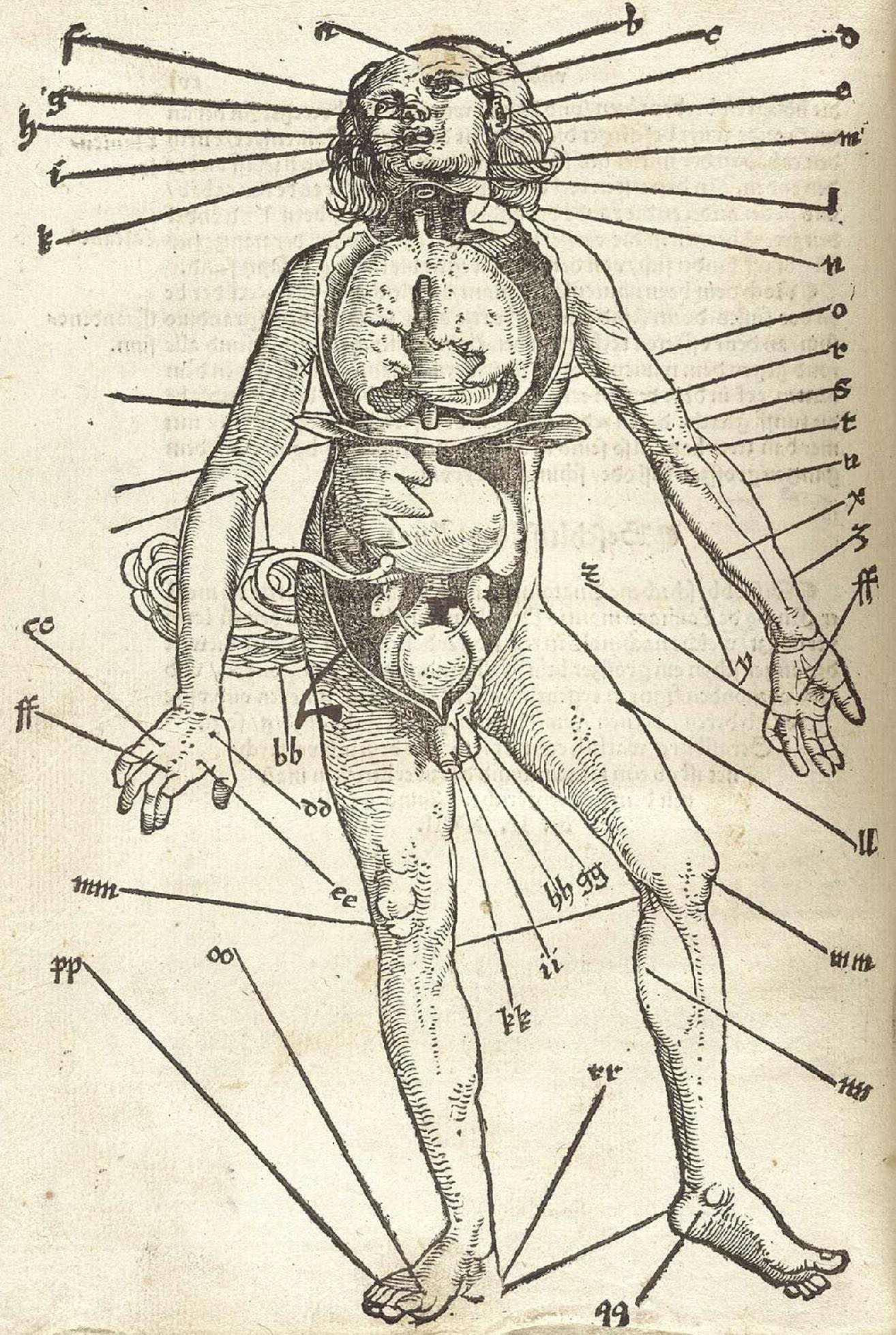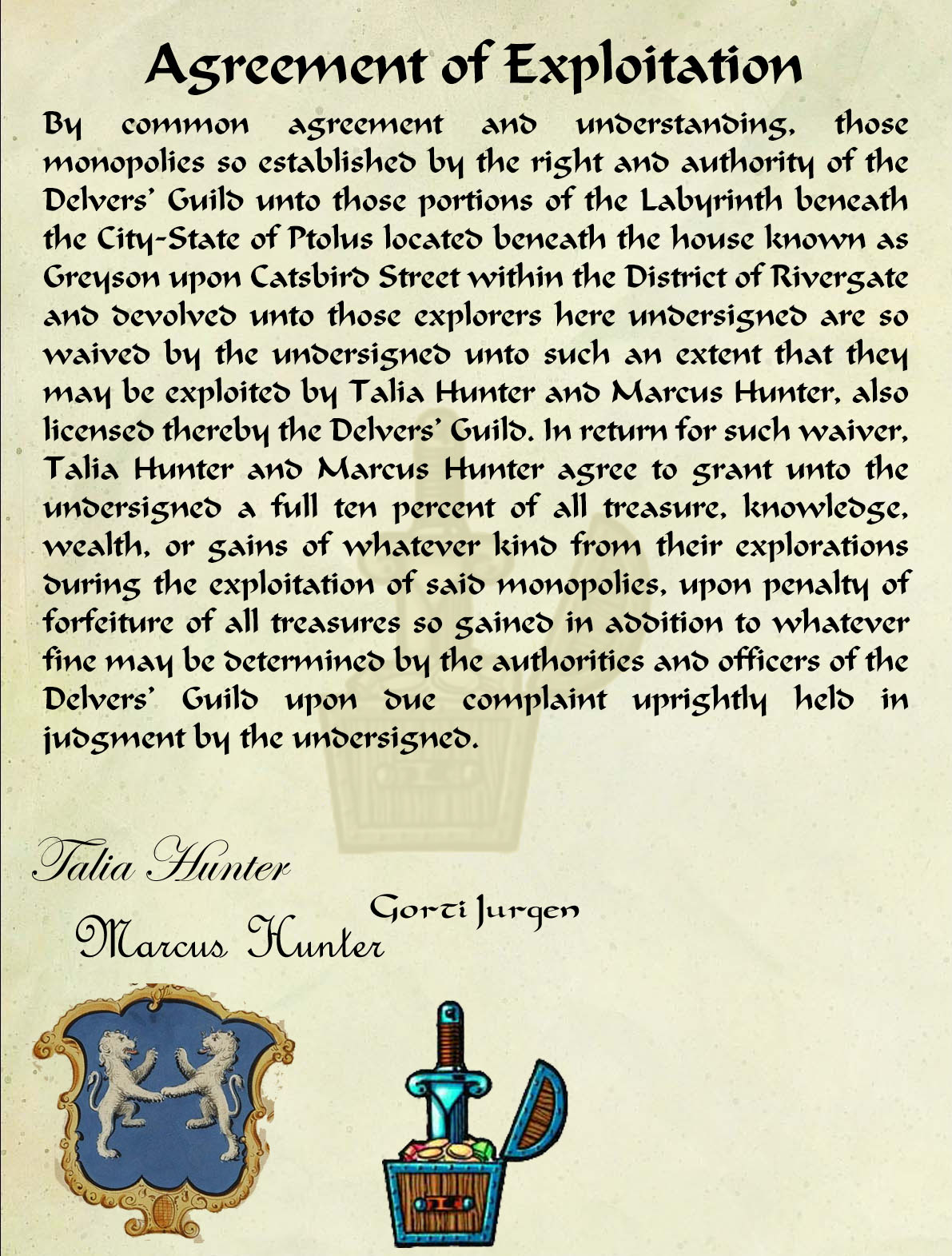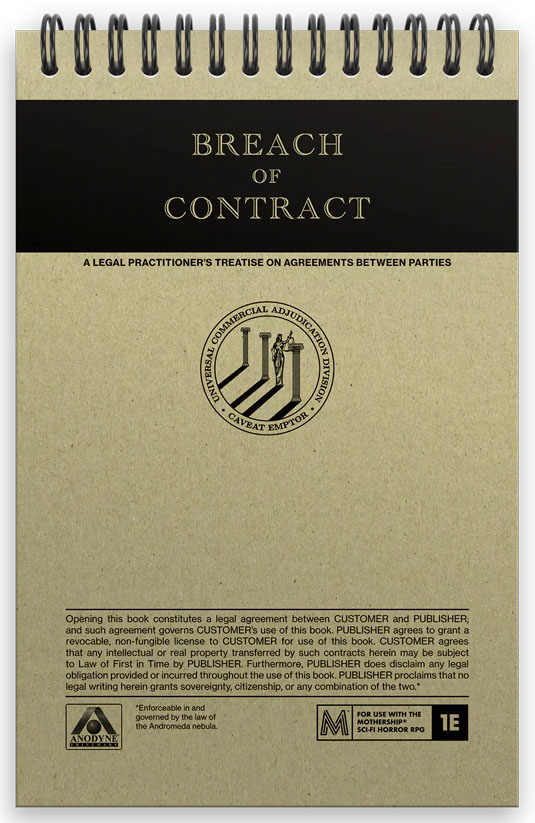
SESSION 48C: ENTERING THE TOMB
January 9th, 2010
The 26th Day of Kadal in the 790th Year of the Seyrunian Dynasty
After perhaps fifty or sixty feet, Tee emerged into a small chamber of unadorned stone. The shadows seemed even deeper here, stubbornly clinging to the corner of the room.
There was a single door of iron. As Tee took her first cautious step off the stairs towards it, Elestra – following behind her – gasped to see the shadows literally dart out from the walls. Catching Tee unaware and from behind, the first shadow clawed its incorporeal hand through her shoulder while the other plunged its own straight through her heart and chest.
Tee gasped, fumbling for a potion to fight off the cloying cold gripping at her limbs. As she stumbled away from the stairs, the supernatural shadows pursued.
Agnarr raced down the stairs. Tor, who had been watching the party’s rear, pushed his way past Ranthir and the others still on the stairs, but couldn’t get past Agnarr without exposing his own back to the shadows.
Elestra, cut off by both of the fighters, instead turned into a bird, flew through a gap in the stone balustrades of the stair, and alighted by Tee’s side. With soothing hands, she helped her shaking friend.
Nasira grasped her holy symbol and raised it high. The nearest shadow fled from her faith, passing through the iron door. This allowed Agnarr to safely back away from the base of the stairs, giving room for both Tor and Nasira to descend.
As Nasira came, she called aloud the name of her goddess – “SAYL!” – and in a burst of holy light the remaining shadow was blasted back into the floor of the chamber. There it remained for a long moment – like a shadow imprinted without an owner – before it faded away into nothingness. The palling darkness of the chamber seemed to lift at its passing.
HAUNTED HALLS
Beyond the iron door was a long hall of dark grey stone that seemed to serve as a crossroads of sorts between four narrow arches. Web-encrusted skeletons lay slouched in a dozen shallow niches that lined the walls of the hall. Tee was taking no chances and stabbed the nearest of the skeletons through its exposed sternum. As she did so, the skeleton in the next niche lurched suddenly to its feet… and then stumbled and collapsed into a broken heap.
Tor and Agnarr did a quick sweep around the circumference of the hall, bashing each skeleton in turn (although they evoked no response from any of the others). Ranthir, inspecting the remnants of their bone-bashing, noted that the skeletons had been covered in small, detailed runes – arcane in nature, but drawn in an archaic style. Some of the runes appeared necromantic, but not all of them, and Ranthir was puzzled as to what their purpose had been.
Passing through one of the arches leading out of the hall, Tee found herself in a huge chamber. Dozens of chains dangled from the ceiling, each tipped with a vicious, serrated hook. On two or three of the hooks she could see skeletal remains hanging limply.
… and many of the chains were drifting slowly in the breeze of a room in which the air was perfectly still.
The effect was unnerving, and after quickly confirming that the room was otherwise empty they went through the arch on the opposite side of the hall. Passing down a short flight of open stairs and through an antechamber of sorts, they entered another large chamber, this one with a wide pit in the center of it.
Carefully approaching the edge of the pit, Tee looked down to find it tightly packed with two dozen or more ancient zombies – their grey and desiccated flesh stretched cross across browned bones. When they became aware of their presence, the undead things began to claw wildly at the walls, although they found no purchase and there seemed little risk of their escape.
“Desiccated?” Agnarr said. “That sounds flammable.”
Tee sprayed some oil into the pit and lit ‘em up. The party backed out of the chamber as it started to fill with thick, black smoke carrying the stench of burning flesh.
Running the Campaign: Undead for Effect – Campaign Journal: Session 48D
In the Shadow of the Spire: Index



